2020 Ballot Proposition Positions

2020 Ballot Proposition Positions

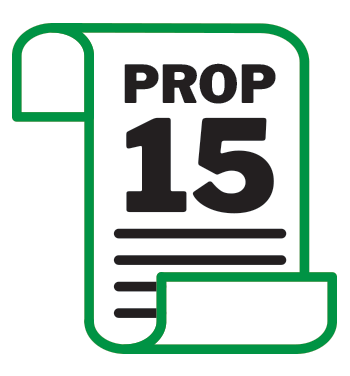
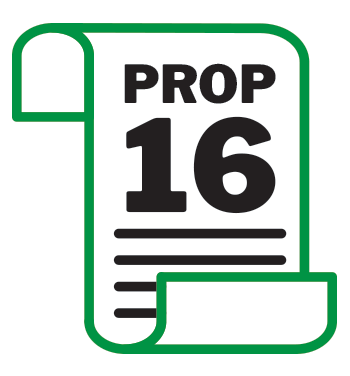
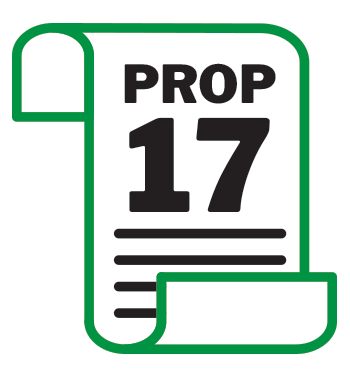
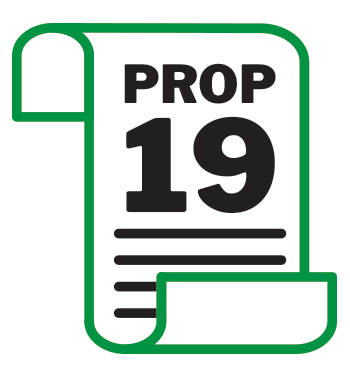
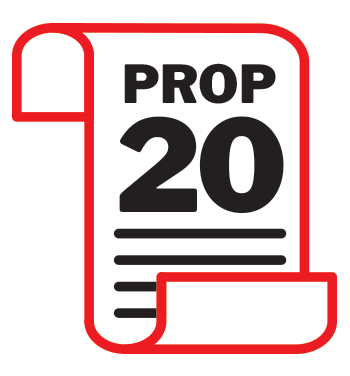
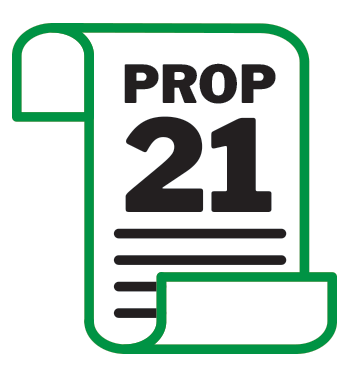
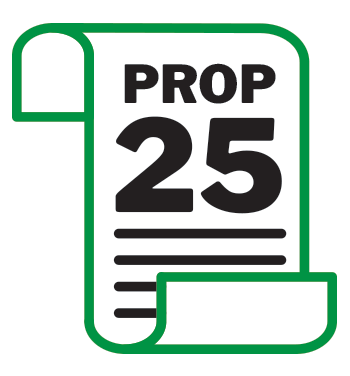
Disability Rights California (DRC) is the non-profit agency designated under state and federal law to protect and advocate for the rights of Californians with disabilities. For more than 40 years, DRC has worked to advance the rights of Californians with disabilities in education, employment, independence, health, and safety, and has grown into the largest disability rights organization in the nation. We approach our work with an intersectional lens, examining how people with disabilities are impacted by racism, sexism, homophobia, transphobia, criminal justice and other forms of oppression.
2020 Ballot Proposition Positions
Disability Rights California (DRC) is the non-profit agency designated under state and federal law to protect and advocate for the rights of Californians with disabilities. For more than 40 years, DRC has worked to advance the rights of Californians with disabilities in education, employment, independence, health, and safety, and has grown into the largest disability rights organization in the nation. We approach our work with an intersectional lens, examining how people with disabilities are impacted by racism, sexism, homophobia, transphobia, criminal justice and other forms of oppression. Our 2020 ballot proposition positions reflect the crucial intersecting areas of policy impacting persons with disabilities.
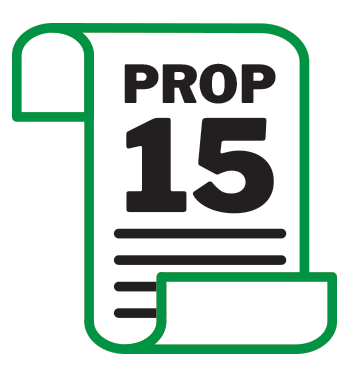
YES on Proposition 15
Would increase funding sources for K–12 public schools, community colleges, and local governments by requiring commercial and industrial real property be taxed based on current market value, instead of purchase price.Prop 15 increases tax revenue to support education and local programs by reforming inequitable tax policies providing loopholes to wealthy corporations.
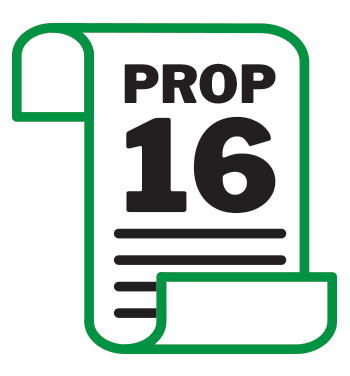
YES on Proposition 16
Would permit government decision-making policies to consider race, sex, color, ethnicity, or national origin to address diversity by repealing article I, section 31, of the California Constitution, which was added by Proposition 209 in 1996.Restores to state institutions the ability to consider race, sex, gender, color, ethnicity or national origin to help eliminate long-standing biases that intersect with persons with disabilities.
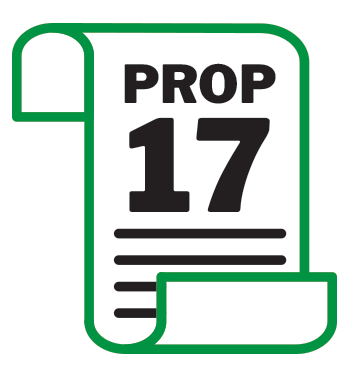
YES on Proposition 17
Would amend the state constitution to restore voting rights to persons who have been disqualified from voting while serving a prison term as soon as they complete their prison term.When a person completes their prison sentence, they should be encouraged to reenter society and have a stake in their community. Restoring their voting rights does that.
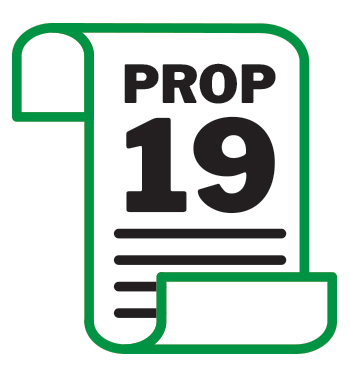
YES on Proposition 19
Would permit homeowners who are over 55, severely disabled, or whose homes were destroyed by wildfire or disaster, to transfer their primary residence’s property tax base value to a replacement residence of any value, anywhere in the state.Limits property taxes for seniors, wildfire victims and homeowners with disabilities and closes tax loopholes for out-of-state investors.
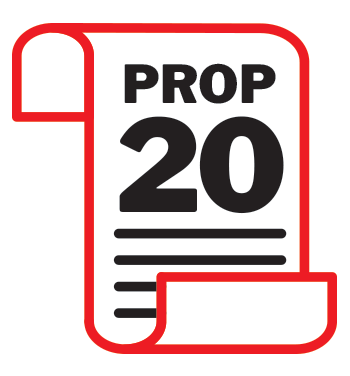
NO on Proposition 20
Would limit access to parole programs established for non-violent offenders who have completed the full term of their primary offense and makes certain misdemeanors chargeable as felonies.The sentencing enhancement provisions in Prop 20 would disproportionately impact people with mental illnesses and substance abuse disorders, and particularly where they intersect with race and color, because of their overrepresentation in the criminal justice system.
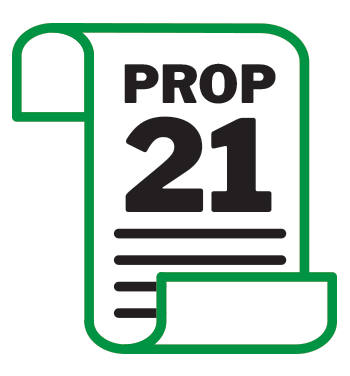
YES on Proposition 21
Would amend state law to allow local governments to establish rent control on residential properties over 15 years old, allows local limits on annual rent increases to differ from current statewide limit and allows rent increases in rent-controlled properties of up to 15 percent over three years at start of new tenancy. Would exempt landlords who own no more than two homes from new rent-control policies.Prop 21 would bring stability to low-income renters, including persons with disabilities, and prevent pushing more persons into homelessness while protecting small landlords.
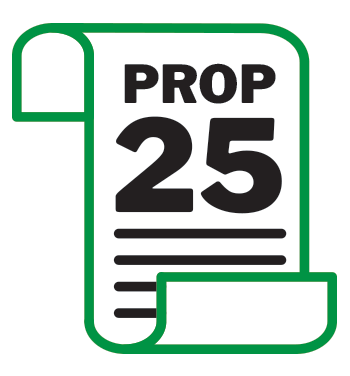
YES on Proposition 25
Would keep the legislative action to replace the money bail system (for obtaining release from jail before trial) with a system based on a determination of public safety and flight risk.Money bail is unfair to low-income individuals and those disproportionately overrepresented in the criminal justice systems such as persons of color and persons with disabilities.




